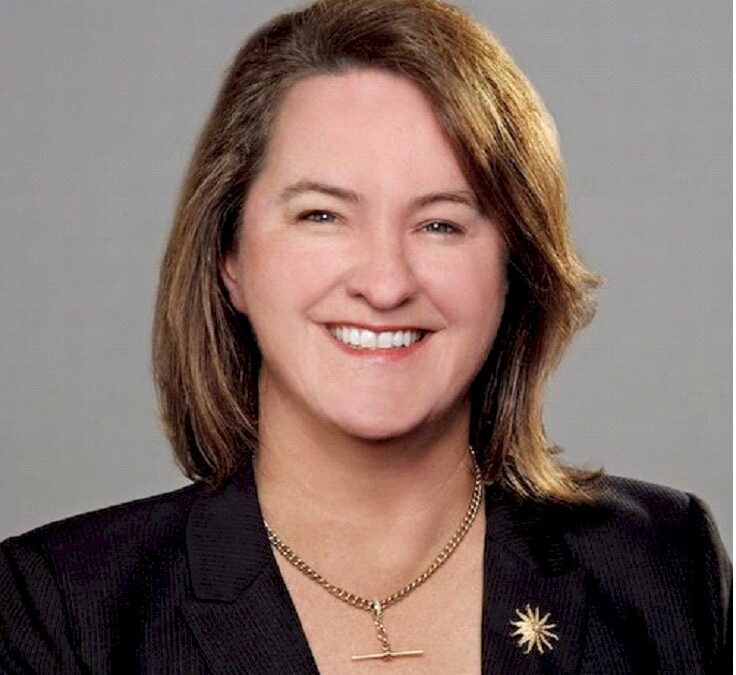Employers have made zero progress in closing the gender pay gap over the past year, new data from the Workplace Gender Equality Agency (WGEA) shows.
Australian women have earned, on average, 22.8% less than men for two years now, meaning employers must step up their practices, agency director Mary Wooldridge says.
“At a time when Australia is experiencing a critical skills and labour shortage, WGEA’s annual Employer Census shows that too many employers have failed to step up on gender equality, leaving many women no better off than they were 12 months ago.
“A pay gap of 22.8% means women earn an average of $26,600 less than men, based on their gender. This failure to improve needs to be a clarion call for all employers.”
While the proportion of female CEOs has risen slightly from last year (22% of CEOs are now women), men are more likely to hold managerial positions, even in female-dominated industries like healthcare and education.
More than one in five company boards still have no women (22%), despite earlier WGEA research showing that having more women in key decision-making positions contributes to improved company performance. And on 72% of Australian boards, men make up the majority of members.
WGEA has previously reported that less than 50% of women across all age groups work full-time, making it hard for them to access management roles.
“There is a fundamental disconnect between how women want to or need to work and how we think about those leadership positions,” Wooldridge told a briefing today.
“Lasting change requires employers to make bold, creative choices that send a signal to all employees that gender equality is a core part of their business strategy and a priority for those in leadership and managerial roles,” she says.
This year’s research also shows that 53% of employers have set some form of target for improving gender equality in the workplace. Among those, 55% aim to increase the number of women in leadership, 38% aim to reduce the gender pay gap, 19% aim to increase the number of men taking parental leave, 16% aim to increase male take-up of flexible work arrangements and 14% aim to boost the number of men in female-dominated roles.
If you would like a download of the complete report, send an email to E Jeffers COO EDGE Plus


